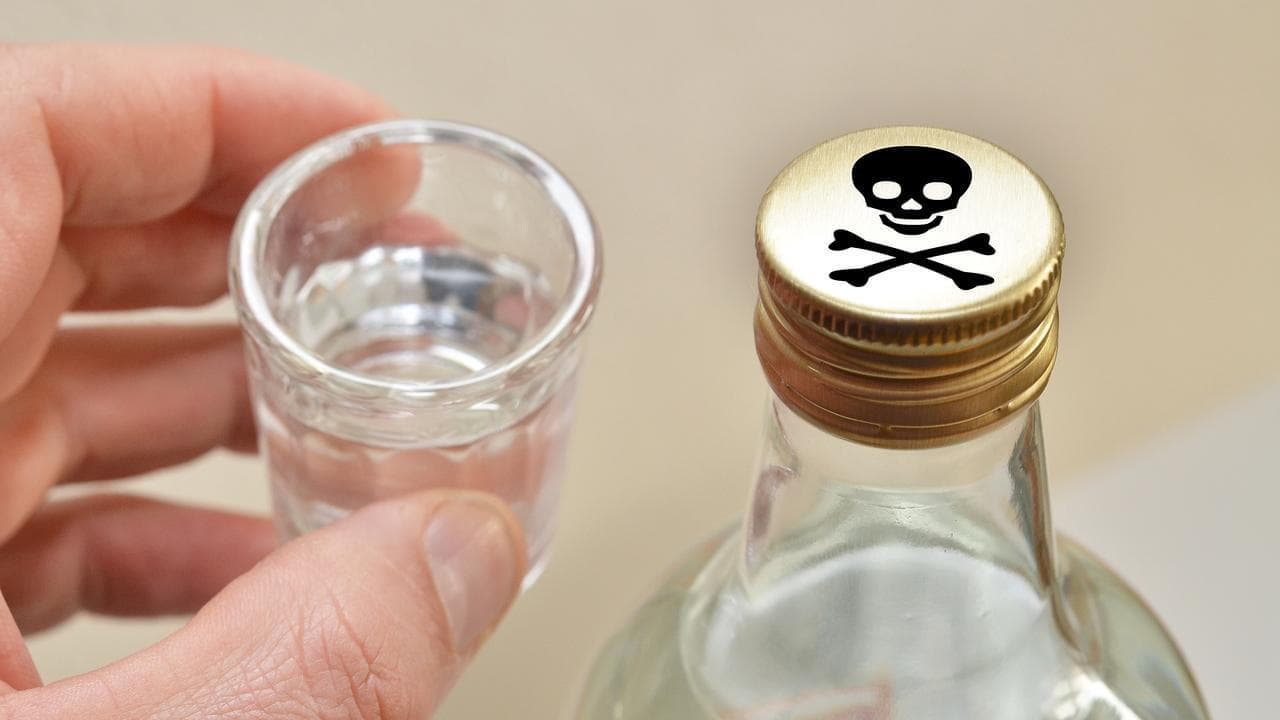The Statement
A widely shared social media post labels three beliefs about the effects of salt in a person's diet as myths.
The Instagram post to an Australian account features a meme with three purported "myths about salt" compared alongside three "facts about salt". The three so-called myths are: salt causes water retention; salt causes high blood pressure; and salt causes kidney damage.
The post's caption reads: "REPEAT AFTER ME️ salt is important for my health! We should be more concerned about not consuming enough salt instead of consuming too much ... when we consume too much salt, our body can easily excrete it."
At the time of writing, the post had gathered more than 400,000 views and more than 4000 likes.

The Analysis
While salt is an essential part of the diet, playing a vital role in nerve and muscle function, there is also clear scientific evidence that high salt intakes can lead to a raft of potentially harmful health effects.
When it comes to the suggestion that salt doesn't cause water retention, Sonia Saad, a principal research fellow of renal medicine at the Kolling Institute in Sydney, told AAP FactCheck that high salt intake alters a person's sodium balance and as a result reduces kidney function - causing the organs to remove less water.
"Water retention occurs when we have high salt as the body needs a balanced sodium-to-water ratio. So when we consume more salt, the body will retain more water," Dr Saad said in an email.
Professor David Harris, an internationally recognised expert on the prevention of chronic kidney disease with the University of Sydney's Faculty of Medicine and Health, also told AAP FactCheck that by stimulating thirst, excessive salt could lead to fluid retention.
A 2019 review of research into the effects of dietary salt consumption in chronic kidney disease acknowledged that high salt influenced body fluid volume.
Contrary to the post's claim that salt does not cause high blood pressure, there is clear scientific evidence that the link between sodium and blood pressure is no myth.
The World Health Organisation's position is that "the amount of dietary salt (sodium chloride) consumed is an important determinant of blood pressure levels and of hypertension and overall cardiovascular risk".
The WHO recommends a salt intake of less than five grams per person per day for the prevention of cardiovascular diseases.
The Australian Heart Foundation makes a similar recommendation of 5g of salt daily, which equates to around 2000mg of sodium, noting that eating too much can lead to high blood pressure, "a major risk factor for heart disease".
A 2021 dose-response meta-analysis of experimental studies on the blood pressure effects of sodium reduction concluded that there was a roughly linear relationship between sodium intake and reduction in both systolic and diastolic blood pressure across the full range of dietary sodium exposure.
Research published in the New England Journal of Medicine and led by the Sydney-based George Institute for Global Health found replacing table salt with a reduced-sodium, added-potassium "salt substitute" significantly reduced rates of stroke, heart attack and death.
Lead investigator professor Bruce Neal told AAP FactCheck there was clear evidence from multiple observational studies that increased dietary salt was associated with higher blood pressure.
"Likewise, multiple randomised trials and meta-analyses of trials show unequivocally that salt reduction reduces blood pressure," he said in an email.
"Reasonable debate around the edges about the magnitude of effects and the generalisability of effect sizes across populations, but (there is) no doubt about the central thesis."
Prof Harris added that by raising blood pressure, too much salt could also contribute to kidney and heart disease. This could occur with the amounts of salt that were common in a Western diet.
"However, not enough salt can lead to volume depletion and low blood pressure, which worsens kidney function," he said. "The goldilocks level of salt intake for an individual varies depending on how healthy their kidneys and heart are."
On the "myth" that salt causes kidney disease, Dr Saad said it was well-known that salt restriction was important for the management of hypertension to slow down kidney disease progression.
"High salt intake increases glomerular hyperfiltration, which can lead to focal glomerulosclerosis and proteinuria (or can affect the kidney)," she said.
"It can also increase the production of inflammatory cytokines and oxidative stress which affect the renin-angiotensin system (which regulates blood volume) or the treatment used to manage kidney disease."
A 2015 meta-analysis by Chinese researchers of epidemiological studies found that higher intakes of sodium could increase the risk of people developing kidney disease.

The Verdict
The supposed "myths" in the post are not supported by multiple studies and meta-analyses, which conclude that salt intake contributes to fluid retention, is directly related to blood pressure and may also lead to increased risk of chronic kidney disease. Several experts agreed that high salt intake could lead to these health outcomes.
False – Content that has no basis in fact.
AAP FactCheck is an accredited member of the International Fact-Checking Network. To keep up with our latest fact checks, follow us on Facebook and Twitter.












